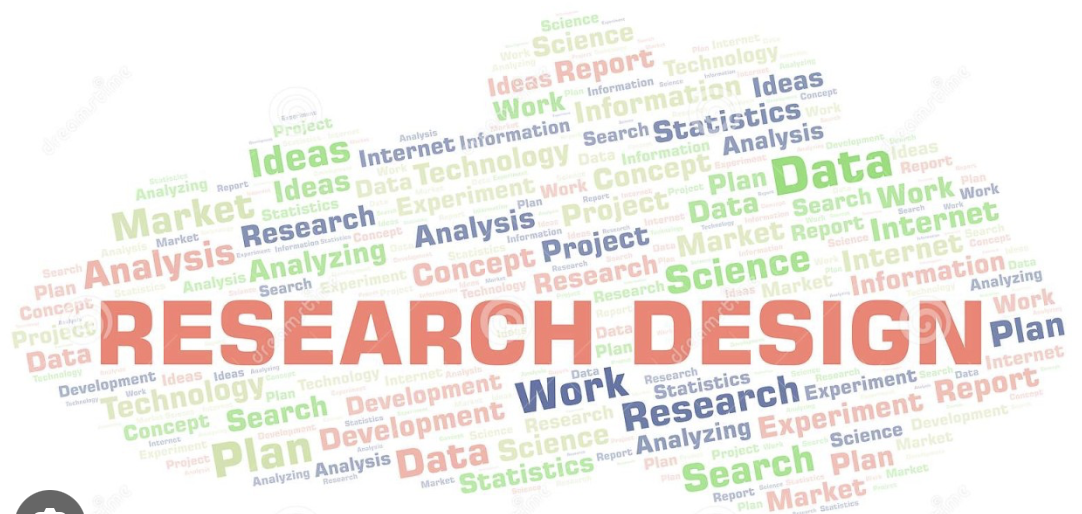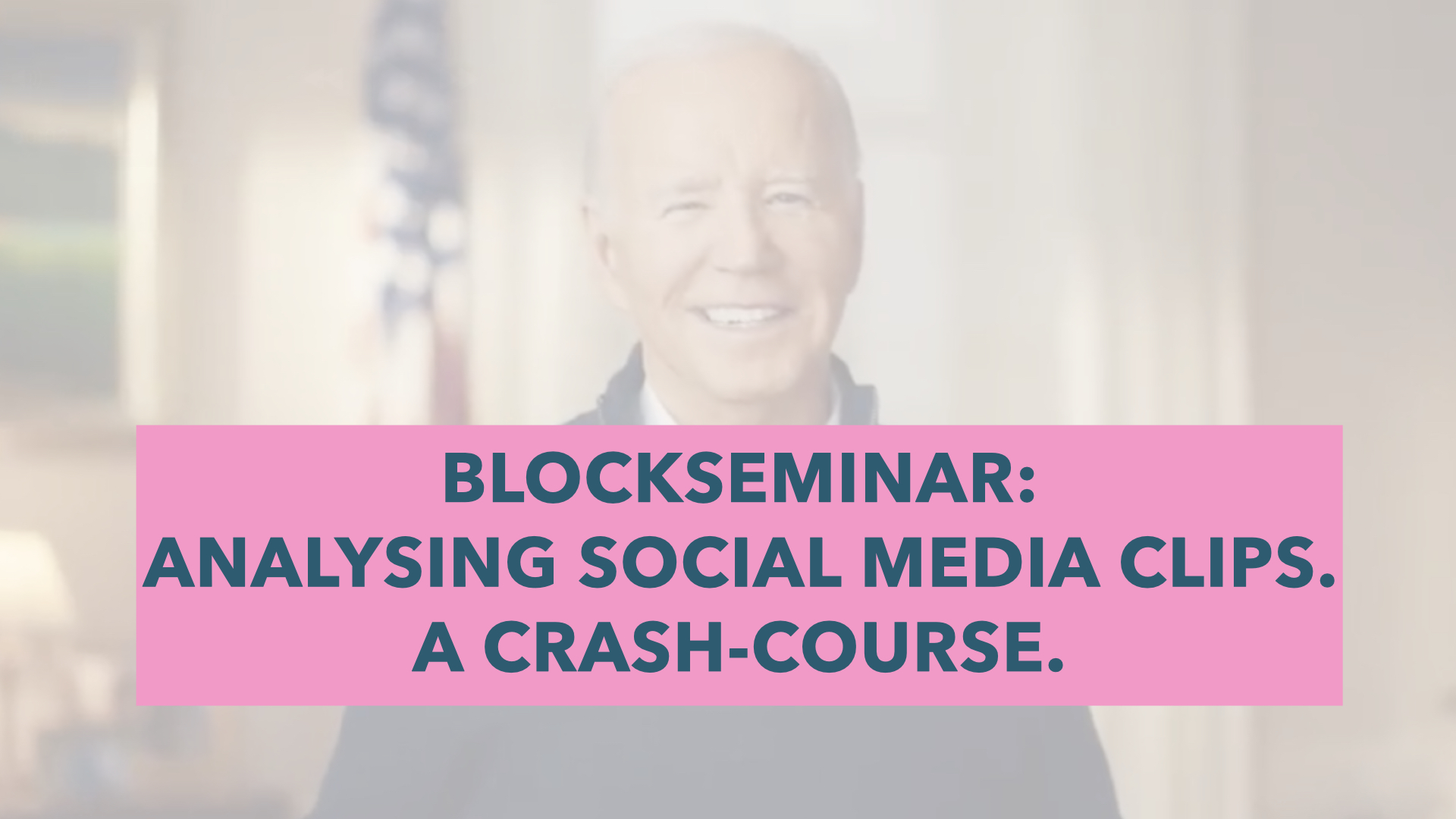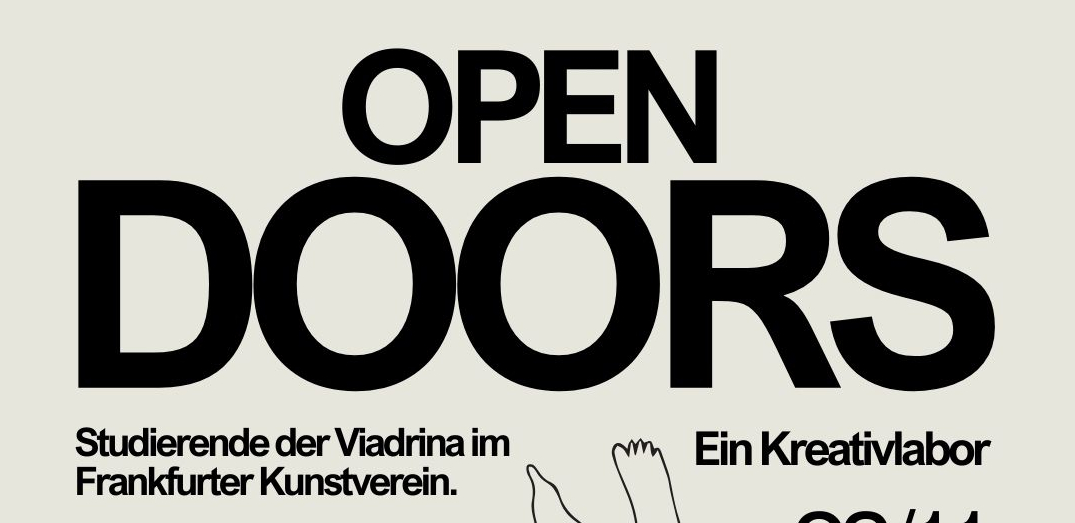
Richtig Zitieren, Plagiate Vermeiden: Ein Workshop für wissenschaftliches Arbeiten - WiSe 2024/2025
Die Workshop-Reihe richtet sich an alle Studierenden,
die mit dem Schreiben von Hausarbeiten oder Abschlussarbeiten beschäftigt sind.
Ziel ist es, zu erlernen und vertiefen, wie Sie wissenschaftliche Quellen
richtig zitieren und Plagiate vermeiden. Dafür sollen die grundlegenden Zitier-
und Plagiatsregeln aufgezeigt werden. Im ersten Teil werden dafür die Regeln
vorgestellt, um diese im Anschluss anhand praktischer Übungen in Einzel- oder
Gruppenarbeit zu vertiefen. Gerne können dafür auch schon eigene Projekte oder
Fragen mitgebracht werden, die sich im Verlauf der Hausarbeit bzw.
Abschlussarbeit stellen. Im letzten Teil des Workshops soll dann noch einmal
expliziter auf den Umgang mit KI und der Bedeutung für Zitate und Plagiate
eingegangen werden.
Für die Teilnahme am Workshop sowie der Erstellung kurzer Texte im Rahmen des Workshops zur Erübung von Zitationsstilen werden 1,5 ECTS-Credits
vergeben.
- Öğretmen: Romstedt Maren

- Öğretmen: Behrends Jan
- Öğretmen: Benecke Werner
- Öğretmen: Meyer zu Eissen Richard

Jewish politics and self-Awareness in Germany from the 1890s to 1938 – Workshop with Guy Miron - WiSe 2024/2025
The workshop will examine the political culture and self-awareness of
the Jewish community in Germany from the late 19th century to the early years
of the Nazi period. We will begin with an introductory discussion on modern
Jewish historiography and present fundamental questions regarding the
integration of Jews into the new European state during the era of emancipation.
Following this, we will briefly review the history of Jews in Germany
throughout the 19th century.
The main discussion will commence in the last decade of the 19th
century, a period marked by accelerated political activity among German Jews
with the establishment of the Central-Verein deutscher Staatsbürger
jüdischen Glaubens (CV) in 1893 and the Zionistische Vereinigung für
Deutschland (ZVfD) in 1897. We will introduce both organizations, their
positions, and the debates between them under the German Empire, followed by a
discussion on the changes in their activities and positions during World War I.
We will then address the situation of Jews in Germany and the activities of
their organizations during the Weimar Republic.
The second part of the workshop will focus on Jewish life in Germany
during the early years of the Nazi regime, 1933–1938. We will describe the
transformations in Jewish political culture under the Nazi dictatorship and the
continued activities of Jewish political organizations during these years. We
will address the establishment and activities of the Reichsvertretung der
Deutschen Juden, highlight the role of the German-Jewish press during this
period, and examine several position papers written by prominent Jewish figures
of the time.
The
workshop will take place within the framework of the Research Training Group
Broken Traditions? Jewish Literature, Philosophy, and Music in Nazi Germany. It
will be led by Prof. Dr. Guy Miron and will additionally incorporate a session
on archival work at Yad Vashem with Yael Robinson and Yuval Naor. Furthermore,
the Research Training Group, including possible doctoral topics, will be
presented by Prof. Dr. Kerstin Schoor, Prof. Dr. Christian Wiese, and Prof. Dr.
Jascha Nemtsov.
- Öğretmen: Krueger Doris Maja
- Öğretmen: Schoor Kerstin
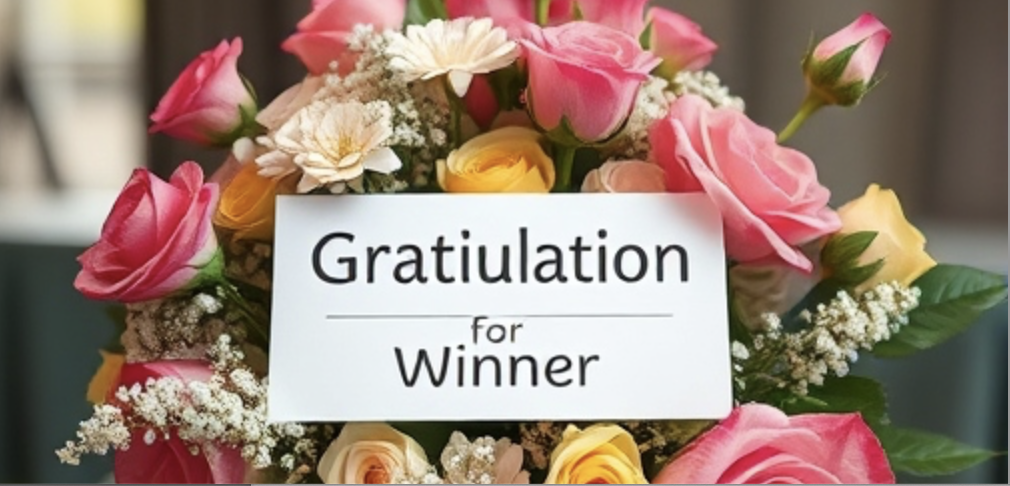
- Öğretmen: Beichelt Timm
- Öğretmen: Brueckweh Kerstin
- Öğretmen: Gessler Theresa
- Öğretmen: Keck-Szajbel Mark
- Öğretmen: Kindler Clara
- Öğretmen: Kossack Oliver
- Öğretmen: Liebetanz Franziska
- Öğretmen: Lind Miriam
- Öğretmen: Matthiessen Soenke
- Öğretmen: Rädler Elisabeth
- Öğretmen: Schneider Britta
- Öğretmen: Toeppel Felix
- Öğretmen: Weber Klaus
- Öğretmen: Werberger Annette

Borders and migrations in Europe: Understanding the multitude of mobility rights, practices and consequences from an entangled perspective - WiSe 2024/2025
While irregular migration is a highly controversial topic in Germany and other EU countries, it is undisputed that countries like Germany need migrants to fill jobs. In this seminar, we therefore want to look at the variety of mobility rights, practices and consequences from an intertwined perspective: What legal mobility options are there to migrate to Germany (and more generally to the EU) and what conditions and rights does this entail? What options do migrants have to navigate these migration paths set by the receiving states and what impact does this have on the migrants and the sending states? In the seminar, we will therefore endeavour to change perspectives and link the German state's attempts to manage migration with the strategies of migrants and the effects of migration within the sending countries. We will discuss the entanglement of mobility rights, practices and consequences using the example of the Western Balkans Agreement for migration from outside the EU and internal EU migration using the example of migration from south-eastern EU countries such as Bulgaria and Romania. Note: The seminar may (partly) be offered as a 5-day "travelling seminar" travelling together to Sofia. The students would then receive a travel grant to cover the costs. For further information please write to: leutloff@europa-uni.de
- Öğretmen: Leutloff-Grandits Carolin
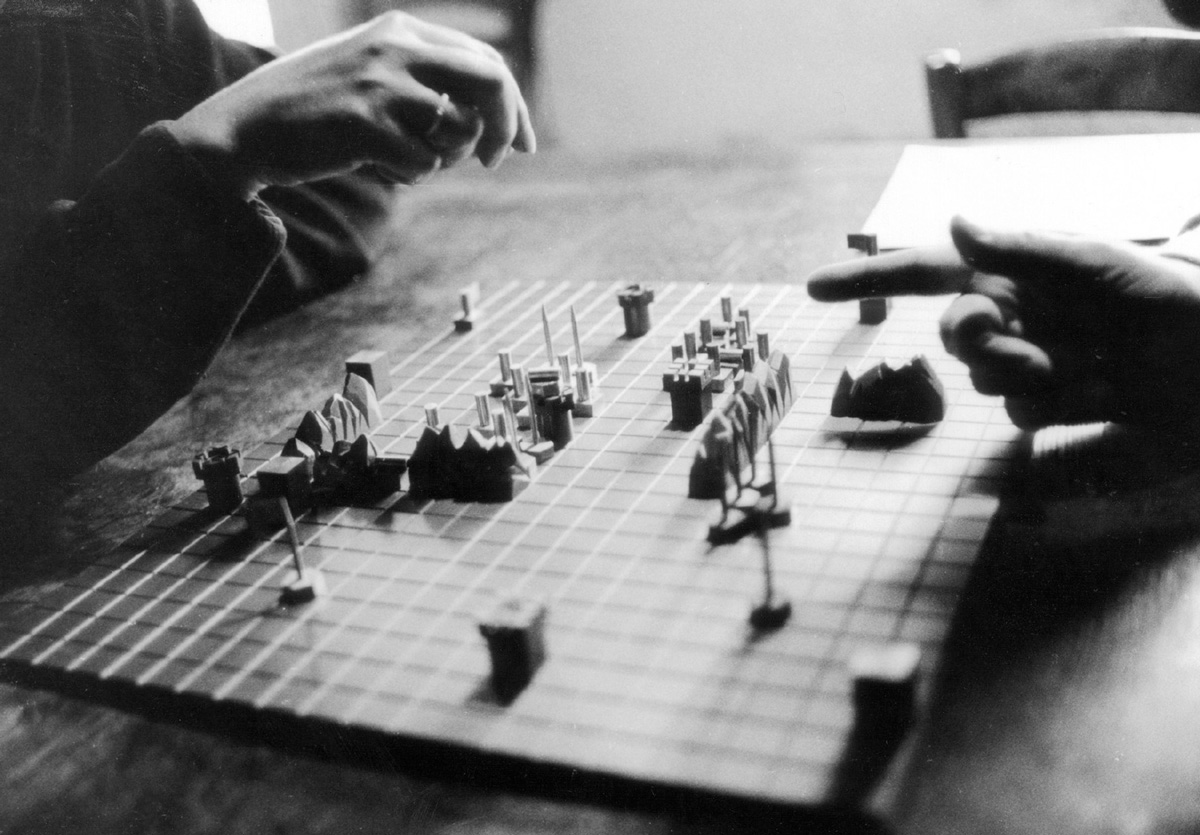
Gamification und die Rolle des Spiels im täglichen Leben der Gegenwart - WiSe 2024/2025
Das Seminar untersucht das zeitgenössische Phänomen der Gamification des
täglichen Lebens aus populärkulturhistorischer Perspektive.
Gamification wird gemeinhin definiert als die Anwendung von
Spielelementen in nicht-spielerischen Kontexten. Die Idee von
Gamification ist es, verhaltenspsychologische Besonderheiten des Spiels
zu nutzen, um Leute (Arbeitende / Verbraucher*innen / Anwender*innen)
dazu zu bringen, Aktivitäten mit größerer Eigenmotivation und
Engagiertheit auszuführen.
Im Seminar wollen wir zum einen den multidisziplinären
wissenschaftlichen Diskurs über Gamification, wie er seit den 2010er
Jahren z. B. in der (Verhaltens-)Ökonomie, im Medien- und Softwaredesign
und in der Soziologie geführt wird, betrachten, und daran eine
Übersicht erlangen, in welchen Kontexten (z. B. Unternehmenskontexten,
Werbung, Apps, Tourismus) Gamification eingesetzt wird und was für
Aspekte oder Elemente des Spiels dabei übernommen werden. Diese
Betrachtung wollen wir zum anderen in eine populärkulturhistorische
Perspektive setzen, die nach dem Zusammenhang von Spiel, dem freien
Handeln gesellschaftlicher Individuen und kultureller Entwicklung fragt.
Dazu beschäftigen wir uns mit der Vorstellung des Kulturhistorikers
Johan Huizinga, dass Kulturformen grundsätzlich aus dem Spiel heraus
entstehen (1938), und mit u. a. auf dieser Vorstellung aufbauenden
gesellschaftskritischen Theorien und Praktiken aus dem Umfeld der
1968er-Bewegung, die die Einführung spielerischer Formen ins täglichen
Leben fordern, um die kulturelle Entwicklung so ganz den
gesellschaftlichen Individuen in die Hände zu legen. Wie verhält sich
das Phänomen der Gamification, wie es sich in der Gegenwart antreffen
lässt, zu solchen kulturhistorischen Vorstellungen und Forderungen?
Der Kurs ist als Lektürekurs ausgelegt, in dem besonderes Augenmerk
darauf gelegt wird, die gelesenen Texte historisch einzuordnen und in
Inhalt wie Form kritisieren zu lernen.
- Öğretmen: Rudek Octavia
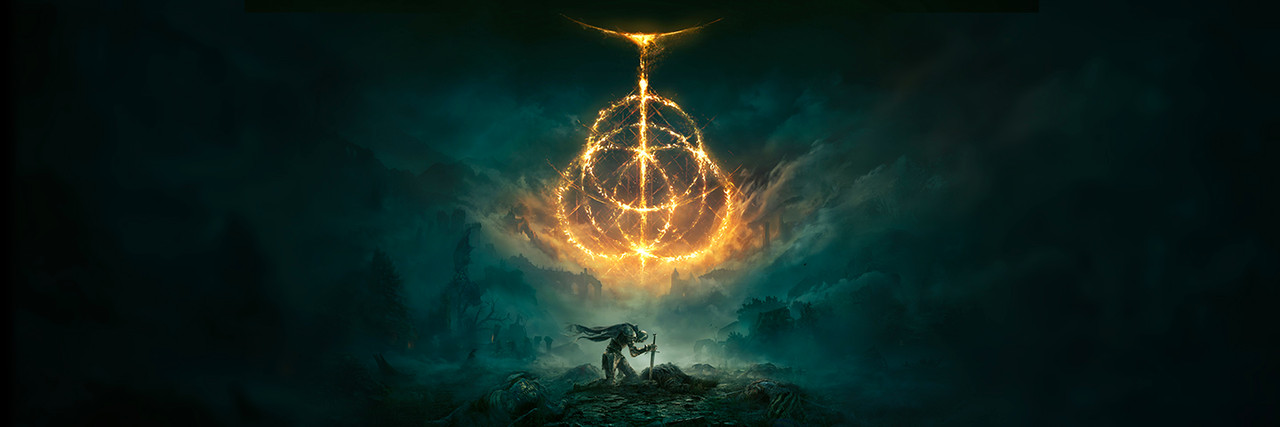
Understanding Epic Fantasy. "Elden Ring" and "Baldur's Gate 3"- WiSe 2024/2025
Epic Fantasy – that is, broadly speaking, Fantasy in the Tolkienesque vein – is a very popular and equally contentious genre. A great
deal of people enjoy being spirited away to mysterious realms full of high adventure and earth-shattering battles. They consider these
imaginary trips as wholesome and renewing experiences. At the same time, there is no lack of critics who accuse Epic Fantasy of being
escapist, passivating, reactionary and sometimes even fascist. Arguably, video games are the medium in which Epic Fantasy flourishes
the most and enjoys the highest standing both with fans and critics alike. In recent years, two titles have been published that are widely
regarded as being the pinnacle of Epic Fantasy in video games: Elden Ring (From Software, 2022) and Baldur’s Gate 3 (Larian Studios,
2023). In view of their complexity, virtuosity and artistic richness it is often said that these two games should be studied – which is exactly
what we will do in our class. The first part of the course will be dedicated to reaching a theoretical understanding about the genre of Epic
Fantasy, drawing, among others, on the poetological writings of Tolkien himself. But for the most part, we will play either Elden Ring or
Baldur’s Gate 3, depending on the student’s preferences. The students are asked to keep a gaming diary as a means of reflecting on their
experiences with the game chosen. We will then share, discuss and analyse these experiences in class and thus hopefully gain some
insights into the genre of Epic Fantasy and the intricate aesthetics of video games.
- Öğretmen: Illger Daniel


